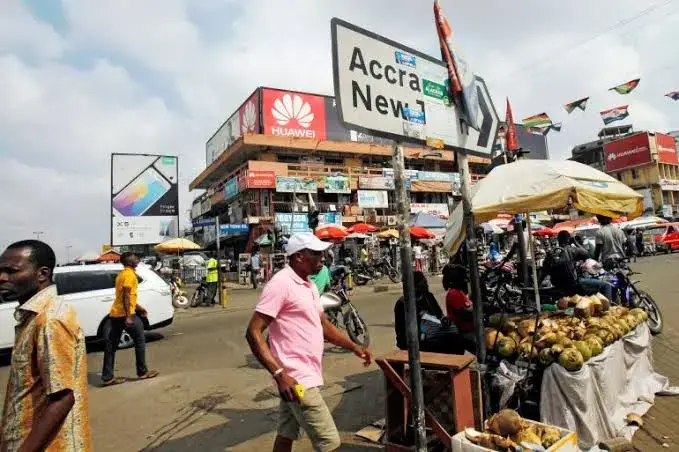
Ghana has continued its inflation slowdown for the fourth straight month since April. According to data from the Ghana Statistical Service, inflation has decreased by 190 basis points, reaching 20.9 per cent year-on-year.
Government Statistician, Professor Samuel Kobina Enim, noted that while this represents a slight decrease from June’s 22.8 per cent, the inflationary pressure remains strong.
The persistent rise in prices is largely driven by food inflation, which remains a significant concern. Food inflation stood at 21.5 per cent in July, outpacing non-food inflation, which was recorded at 20.5 per cent. This gap shows the growing impact of rising food costs on Ghana’s economy.
Additionally, the inflation rate for locally produced items reached 23.3 per cent, significantly higher than the 15.6 per cent for imported goods. This disparity suggests that there are challenges within the local supply chain.
The ongoing inflationary trend is reportedly increasing pressure on Ghanaian households and businesses. As prices continue to rise, the government faces growing calls to implement effective measures to curb inflation.
Liberia: 3 Central Bank Staff Arrested For Illegal Transfer Of Over $900K To International Bank
Kano Police Raises Alarm Over Rising Cases Of Culpable Homicide, Urge Caution
About The Author
Related Articles
Asake Sets New Billboard Afrobeats Record as Chart Presence Grows
Asake has further cemented his place as one of Afrobeats’ most dominant...
ByWest Africa WeeklyJanuary 29, 2026Nigerians Lament PayPal’s Return as Old Wounds Resurface
PayPal’s reentry into Nigeria through a partnership with local fintech company Paga...
ByWest Africa WeeklyJanuary 29, 2026Tanzania Eyes Gold Sales as Aid Declines and Infrastructure Needs Grow
Tanzania is weighing plans to sell part of its gold reserves to...
ByWest Africa WeeklyJanuary 29, 2026Mali Tightens Grip on Explosives Supply With New Majority Stake
The Malian government has taken majority ownership of a civil explosives manufacturing...
ByWest Africa WeeklyJanuary 29, 2026












